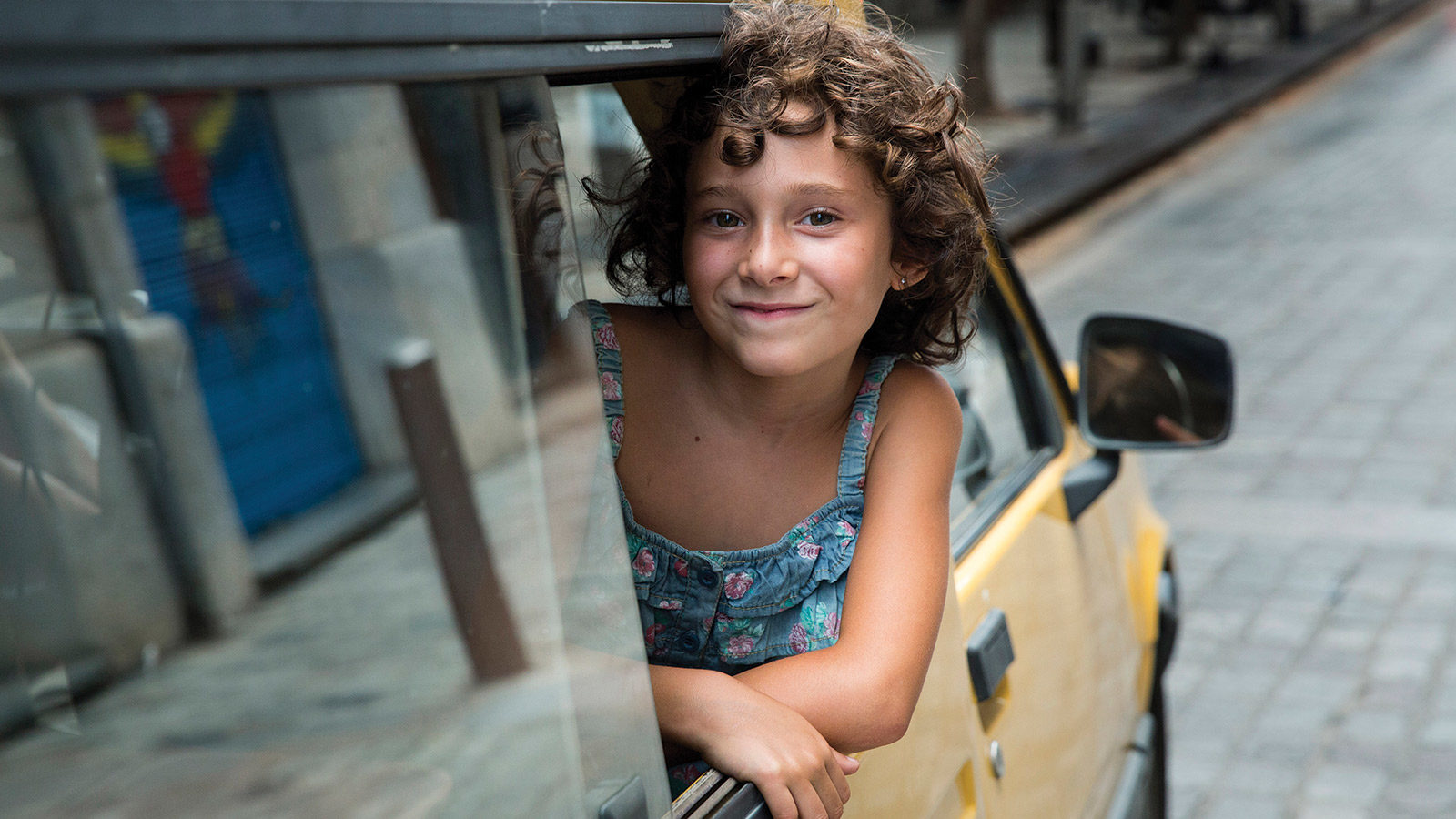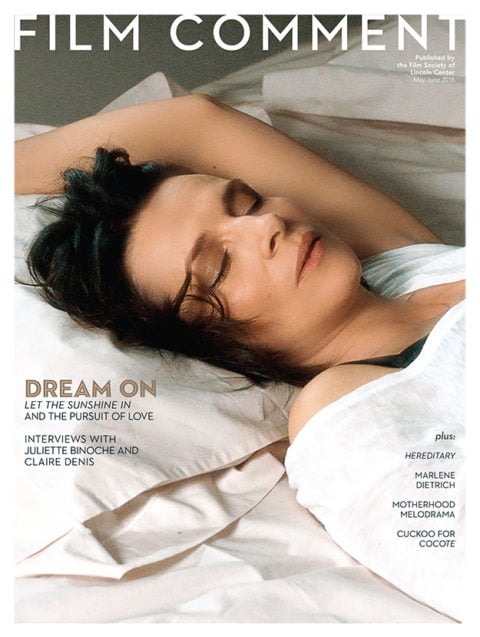By Manu Yáñez Murillo in the May-June 2018 Issue

Short Takes: Summer 1993
(Carla Simón, Spain, Oscilloscope, Opening May 25)
Hailed as the best film of the (last) year by different factions of Spanish critics, Summer 1993 by Carla Simón emerges as the flagship of a group of films directed by young Catalan female directors—from the Cannes-awarded documentary short The Disinherited by Laura Ferrés to Meritxell Colell’s Facing the Wind, presented at the Berlinale—which share a naturalistic style and an autobiographical origin. Among these first films, Summer 1993 stands out for its subtle, touching, but never sentimentalist approach to this exceedingly sensitive theme, the childhood apprehension of personal tragedy: the film’s heroine—6-year-old Frida (Laia Artigas)—is sent to live with her uncle’s family after her mother’s death of AIDS.

From the May-June 2018 Issue
Also in this issue
Summer 1993 builds its nuanced, expressive liveliness upon a slightly detached mise en scène (employing non-intrusive camerawork) and the staggering truthfulness of its acting—it’s uncommon to watch children act as such and not as miniaturized versions of witty adults. The film pursues an ideal balance between spontaneity and control that reveals the admitted influence of Víctor Erice and Maurice Pialat on Simón’s work.
That balance ends up favoring control, mainly due to the director’s excess of respect for the source material—namely, her own life. It’s a restraint that enhances the movie’s sense of delicacy, but also exposes the constraints of the narrative and limits the film’s vibrancy.







